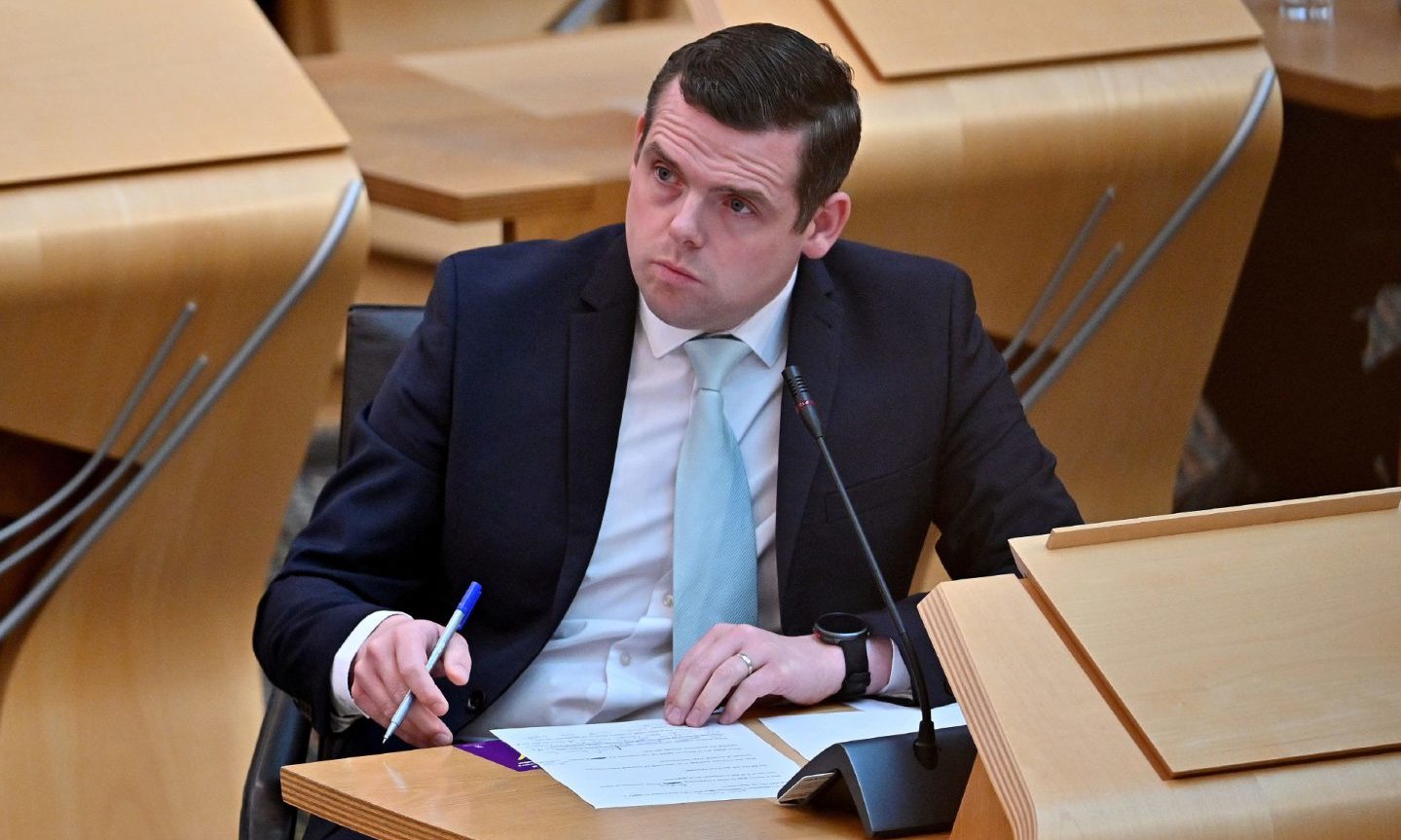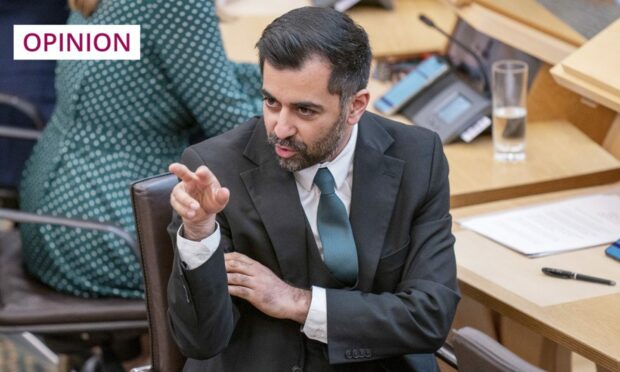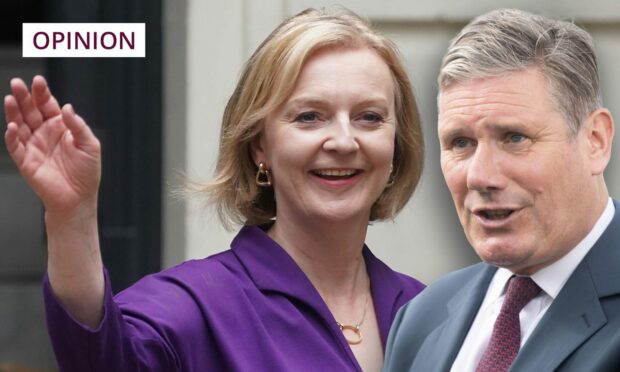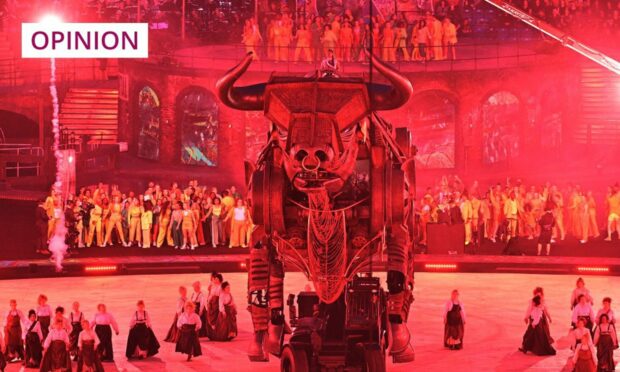You wait ages for a Labour leader to give a decent speech – literally ages, the last properly good one was probably Ed Miliband’s note-less conference speech in 2013, when he promised to freeze energy prices – and then two come along in the space of a week.
Last week, Keir Starmer set out his stall for the year ahead. His focus on security, prosperity and respect ought not to be remarkable. It’s a sign of the mire the current Tory regime finds itself in that Starmer can credibly frame Boris Johnson’s government as failing to deliver on all three.
And, it demonstrates the dead end Jeremy Corbyn lead his party down that Starmer can use obvious aspirations like security, prosperity and respect to define his leadership against the former regime.
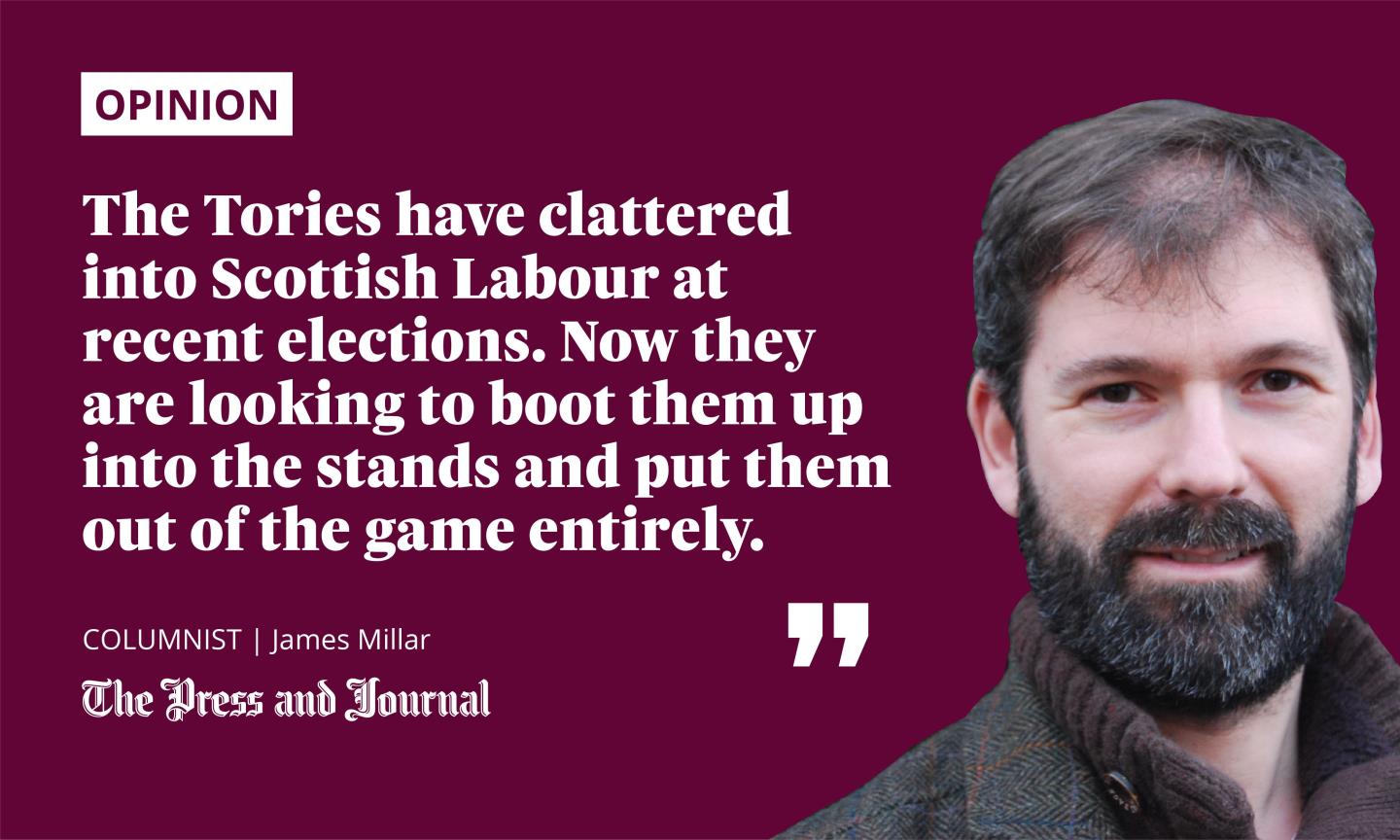
Then, this week, Scottish Labour leader Anas Sarwar gave a “new year speech”. This is the period where Brits who meet traditionally ask if it’s too late to wish each other a happy New Year. It’s definitely too late for a new year speech. Even if a new year speech was a thing. Which it’s not.
Sarwar’s speech was fine. But the circumstances around it demonstrated how tricky his task is.
Sarwar is haunted by ghosts of Labour past
Before he even took to the podium, he was haunted by the ghosts of Labour’s recently diddy leaders. North-east MSP Mercedes Villalba (a fellow traveller of Corbyn and immediate ex-Scottish Labour leader Richard Leonard) went on social media to demand Corbyn – expelled from Labour for insisting accusations of antisemitism during his reign were overblown – be readmitted to the party.
Jeremy Corbyn is a Labour Party member and should have the whip restored to him immediately.
— Mercedes Villalba MSP (@LabourMercedes) January 9, 2022
Either nobody told Villalba that the Scots Labour leader was about to make a speech aimed at seizing the agenda. Or, they did, and she didn’t realise her contribution would be unhelpful. Or, they did, and she decided to sabotage Sarwar. Whatever the reason, it was a distraction and a fail.
Sarwar is hamstrung by internal ineptitude
Having delivered his address, Sarwar went straight into questions about whether all his candidates at this year’s council elections will be explicitly against independence. The questions were prompted by some unhelpful briefing from London Labour over the weekend, and some Scots Tory mischief that followed.
Scotland’s constitutional question remains king
Sarwar is hamstrung by internal ineptitude and an inability to shift the national conversation off the constitution. The latter not unrelated to the former. It’s why the Scots Tories are licking their lips at the prospect of going after him this year.
For all the good publicity Sarwar scooped during last year’s election campaign, courtesy of his impromptu dancing and polished TV manner, Scottish Labour actually lost seats once the votes were counted.
For all that folk told the pollsters that Sarwar won the TV debates in 2021, once they got in the polling booth, they mainly voted SNP. And, if they don’t like independence, they backed the Tories.
In Scotland, the constitutional question remains king.
So, ahead of council elections in May, the Conservatives will focus on the independence issue and attack the SNP, of course. But their real target may well be Scottish Labour.
A change in the polls has turned the heat up
To use a football analogy that Scots Conservative leader and sometime referee Douglas Ross might favour, the Tories have clattered into Scottish Labour at recent elections. Now they are looking to boot them up into the stands and put them out of the game entirely.
Douglas Ross and his Scots Tories are hungry to make 2022 the year that Scottish Labour is put out of its long misery
For the Conservatives, that task has taken on an urgency due to the turn in the polls which has recently put Keir Starmer streets ahead of Boris Johnson when it comes to Westminster voting intentions.
For, if there’s a chance that Starmer could be the next PM, conventional wisdom says Scots voters may look at Labour anew. Those who have previously voted Labour – and, remember, just a decade ago that was an awful lot of Scots – may rediscover the knack. SNP supporters might decide to stay at home if Boris Johnson’s exit feels more imminent than independence.
If Starmer could pick up a handful of Scots MPs and the polls hold up for him through England and Wales, then he would be on track to deny the Tories a majority and claim the keys to Downing Street.
Hence, Douglas Ross and his Scots Tories are hungry to make 2022 the year that Scottish Labour is put out of its long misery and Scotland effectively becomes a two-party state. That outcome would mark something new – another significant shift in the Scottish political landscape.
But, to get there, the Conservatives will, understandably, play the constitution card as hard and as often as possible, and Scots voters will, again, have to put their identity on the independence issue foremost. And that is not new. In fact, it’s all too depressingly familiar.
James Millar is a political commentator, author and a former Westminster correspondent for The Sunday Post

